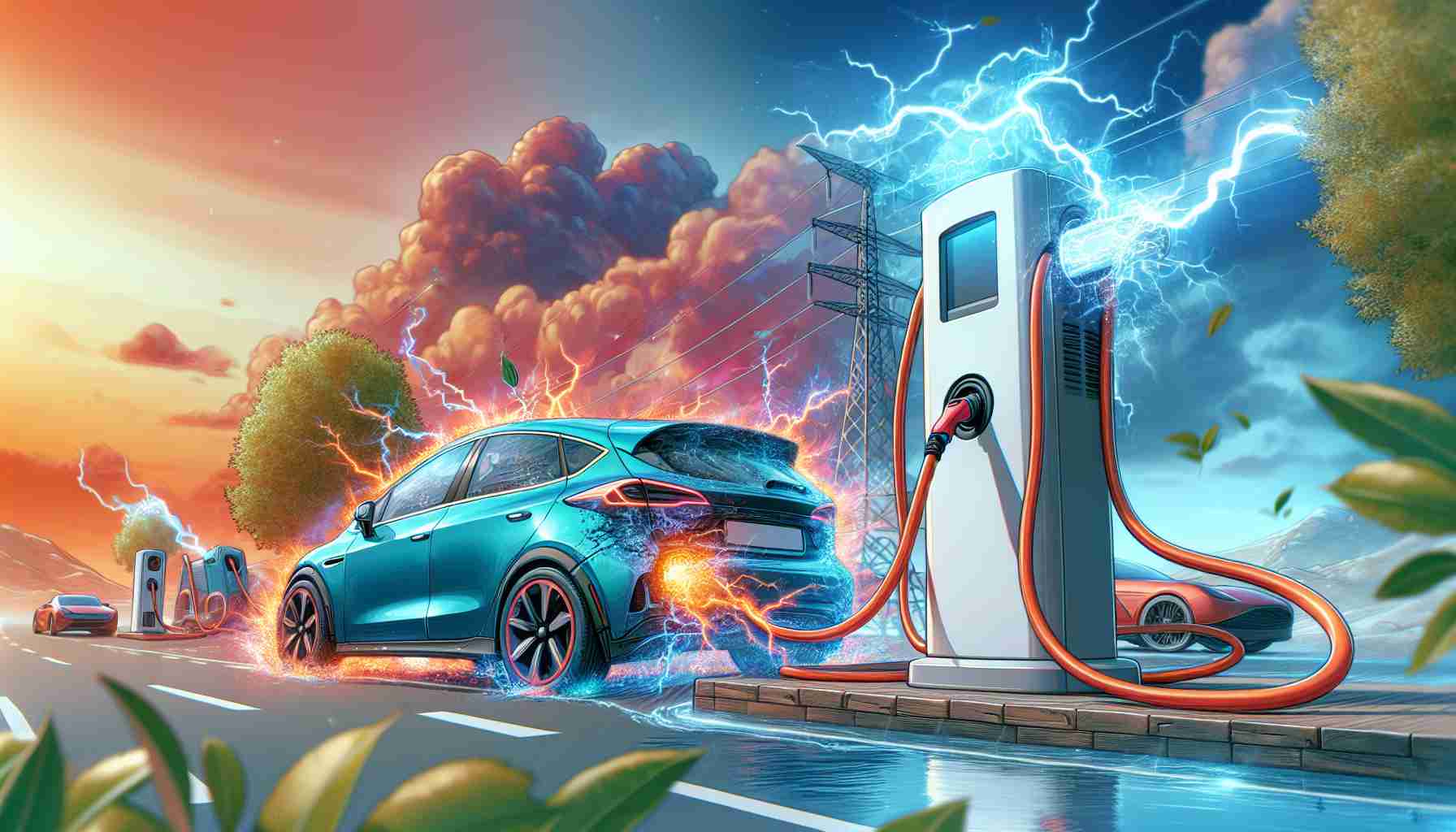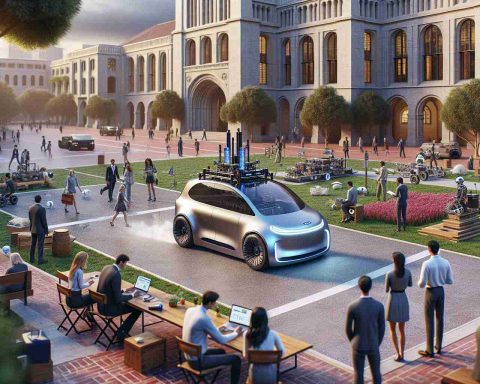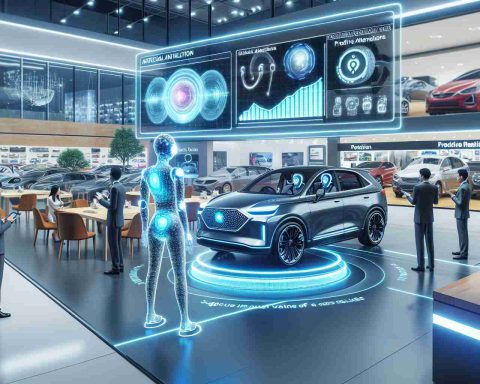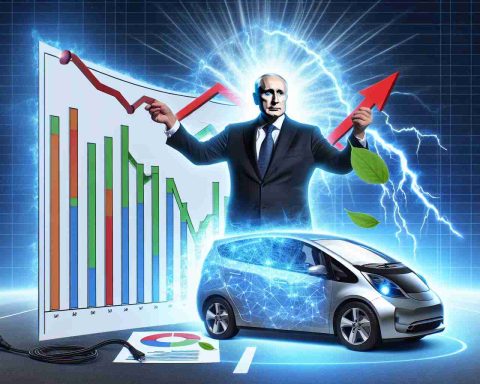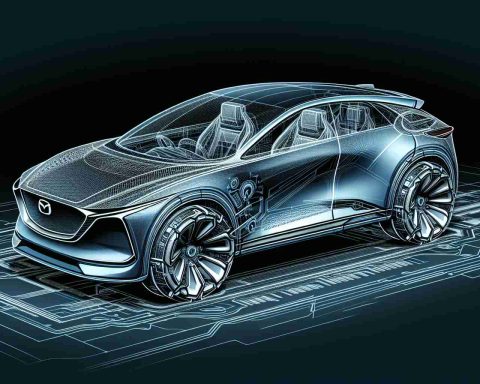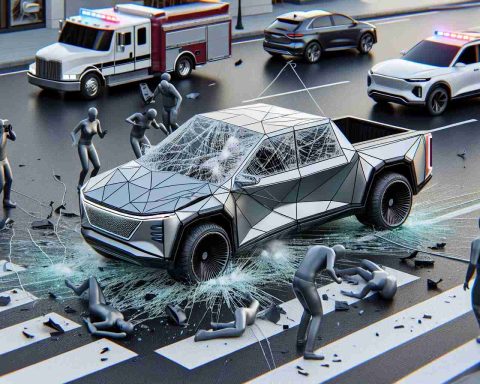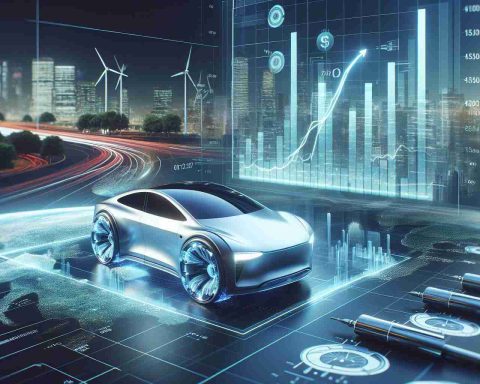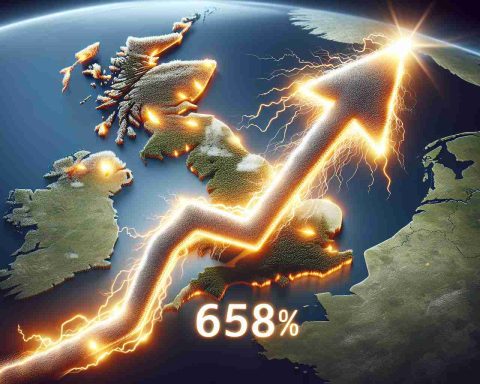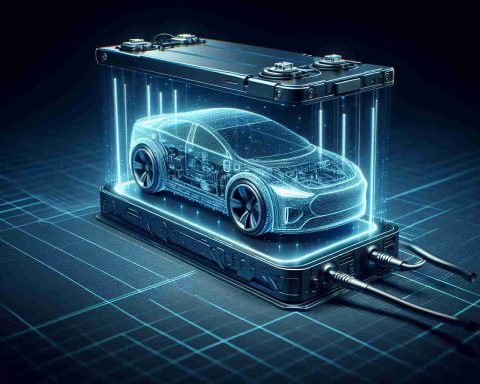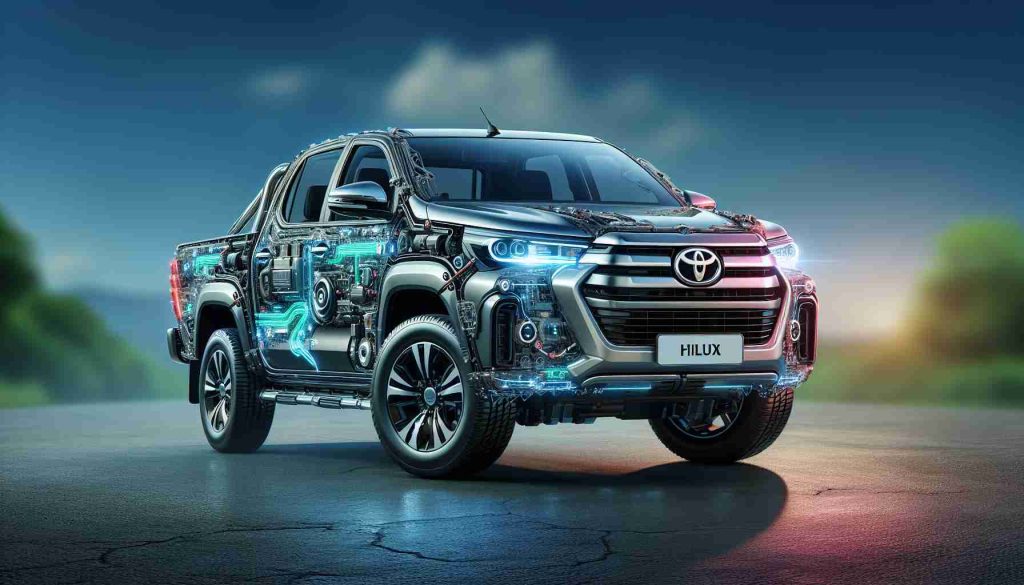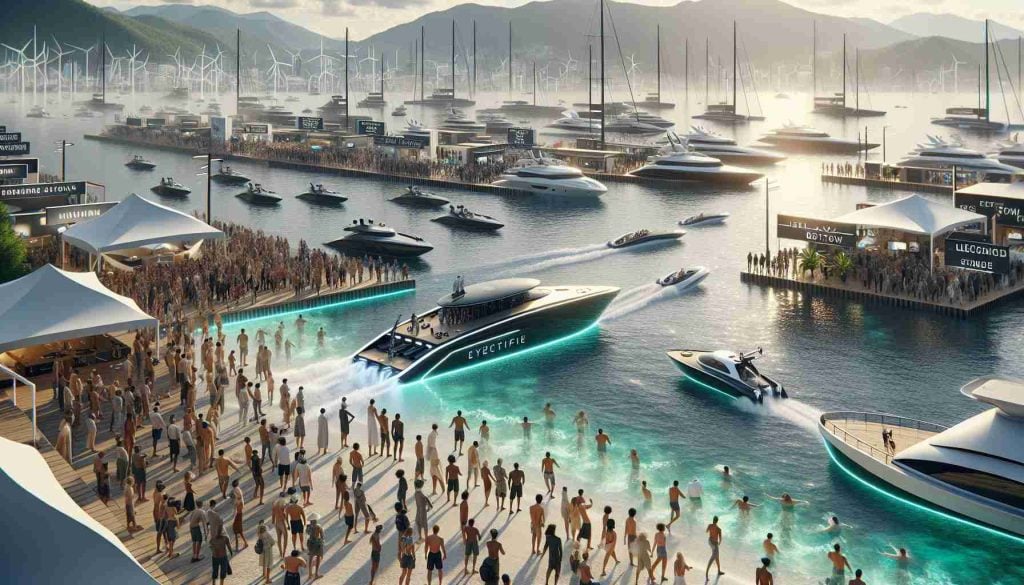- The Trump administration’s order to freeze EV charging funding poses a challenge to expanding charging networks amidst rising interest in electric vehicles.
- States with planned projects are facing uncertainty, potentially stalling the deployment of critical charging stations.
- Despite federal setbacks, industry leaders remain optimistic about the role of private companies in advancing charging infrastructure independently.
- Consumer confidence in EV adoption may hinge on the availability of an efficient charging network.
- Adaptation to changing energy policies is necessary for stakeholders and consumers to foster reliable charging systems.
- A commitment to enhancing charging infrastructure is fundamental for achieving sustainability goals and the future of electric mobility in America.
In a surprising move, the Trump administration has ordered states to freeze funding for electric vehicle (EV) charging infrastructure previously initiated by the Biden administration. This decision, rooted in claims of wasteful spending, jeopardizes the growth of a nationwide charging network just as interest in electric vehicles starts to skyrocket.
With $5 billion earmarked for the National Electric Vehicle Infrastructure (NEVI) program, states now face uncertainty over projects designed to enhance charging capabilities. Tension mounts as states that were prepared to deploy these charging stations must reassess, halting their crucial plans at a pivotal moment in EV adoption.
Despite this federal setback, industry leaders remain hopeful. The relentless demand from EV users may propel private companies to innovate and expand charging networks independently of federal funding. Visionary companies like Tesla are leading the charge and may gain a crucial advantage while rolling out new stations without government assistance.
The central question looms large: will potential EV drivers hesitate to transition to electric without a robust charging network? The answer underscores a vital point—efficient charging infrastructure is critical not only for sustainability goals but also for building consumer confidence in electric mobility.
As energy policies continue to shift, both stakeholders and consumers must adapt to ensure the evolution of dependable charging networks. Navigating these changes wisely will determine the future landscape of electric vehicles in America. The race to electrification is on, and it’s clearer than ever: a stronger commitment to charging infrastructure is essential for our sustainable future.
Is the Future of Electric Vehicles in Jeopardy? Navigating the Impact of New Funding Decisions
Overview of Recent Developments
In a controversial decision, the Trump administration has directed states to freeze funding for electric vehicle (EV) charging infrastructure that was previously put in place by the Biden administration. This abrupt action, justified by accusations of wasteful spending, poses a significant risk to the expansion of a nationwide charging network at a time when interest in electric vehicles is escalating rapidly. The National Electric Vehicle Infrastructure (NEVI) program, which had allocated $5 billion for enhancing EV charging capabilities, now faces uncertainty, potentially stalling state-level projects that are crucial for EV adoption.
Key Insights
1. Industry Adaption: Despite federal funding setbacks, private enterprises are expected to lead the charge in expanding the charging infrastructure. Companies such as Tesla are poised to take advantage of the situation by rolling out new stations without relying on government support.
2. Market Trends: The increasing consumer demand for electric vehicles indicates a potentially strong market for EVs. Industry innovations aimed at enhancing charging solutions could mitigate the impacts of federal funding freeze, driving growth in the EV sector.
3. User Confidence: A comprehensive charging network is essential to encouraging potential EV drivers to make the switch to electric. Addressing consumer concerns regarding charging accessibility will be pivotal in shaping the future of transportation.
Major Questions Explored
1. What impact will the funding freeze have on EV infrastructure development?
The funding freeze could cause delays in deploying necessary charging stations across states, potentially hindering the momentum of EV adoption. This situation underscores vulnerabilities in reliance on federal funding for critical infrastructure projects.
2. Can private companies effectively fill the gaps left by federal funding?
Yes, numerous private companies are already innovating solutions to expand charging infrastructure, potentially compensating for the reduced federal investment. This might lead to more competitive markets and faster deployment of charging stations.
3. How can consumers be assured about the reliability of EV charging?
Consumer confidence can be bolstered through transparent communication regarding the availability of charging stations and investments by both private and public sectors to enhance infrastructure. Continuous advancements in technology and competitive pricing are likely to reassure potential EV users.
Additional Insights
– Trend Analysis: Anticipated trends in the EV market, including increased range and reduced charging time, are critical in attracting a broader user base.
– Sustainability Commitment: The evolving energy policies and consumer preferences are expected to drive more sustainable practices within both public and private sectors.
– Predictions for Future Development: The long-term success of EV infrastructures, despite federal funding challenges, may rely heavily on innovative partnerships between government entities and private companies.
Suggested Resources
For further insights about the future of electric vehicles and related infrastructure developments, check out these valuable resources:
– U.S. Department of Energy
– U.S. Energy Information Administration
– Environmental Defense Fund
Building a robust and accessible charging network is essential for realizing the full potential of electric vehicles and ensuring a sustainable transportation future.
